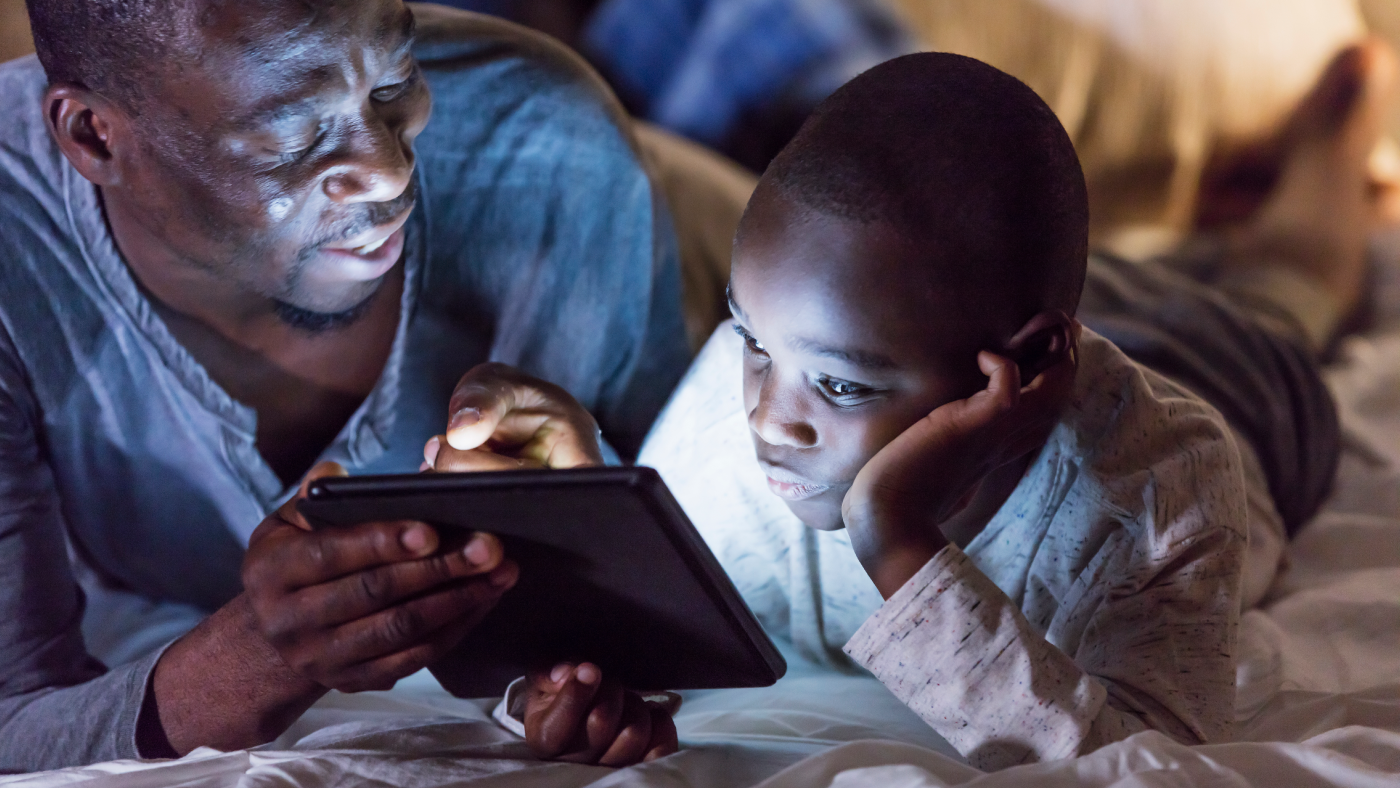Always format your used laptops
Say what you will about the internet--it's certainly helped narrow the line between "doing something stupid" and "doing something stupid in front of millions of witnesses who will now proceed to publicly mock you."
Say what you will about the internet--it's certainly helped narrow the line between "doing something stupid" and "doing something stupid in front of millions of witnesses who will now proceed to publicly mock you."
Whether you're into whiffle hurling, baton twirling or hair curling, chances are there's someone out there who wants to help you learn.
USA.gov's new blog is almost as fun as watching 1970s PSAs on YouTube.
An article in the Archives of Pediatrics and Adolescent Medicine asks how adolescents spent their time, specifically looking at gaming in relation to other online and offline activities, and the relationship between time spent in various ac...
Everyone has a friend or two who takes that much longer to respond to emails because they just don't ever check their accounts, who don't want to join social networks and who never pop up on IM and gmail-chat. What happens when you fall in love w...
83% of online Americans say they have used the internet to seek information about their hobbies and 29% do so on a typical day.
Social networks for younger kids – Are online communities and avatar-based social worlds encouraging obesity?
In my ongoing quest to visit as many internet cafes in China as possible, I was on the lookout last week during our visit to Urumqi (aka: Wulumuqi), a city of about 3 million along the Silk Road in the northwest corner of China.
I logged into my Facebook account the other day to check on something, and I flicked over to my friend requests page after noticing that there was a new one. It was (allegedly) from Carl Kasell, NPR radio personality.
What would a world in which citizens set the news agenda rather than editors look like? A new PEJ study comparing user-news sites, like Digg, Del.icio.us,and Reddit, with mainstream news outlets provides some initial answers. The snapshot suggests both a drastically different set of topics and information sources.

Roughly four-in-ten Americans have experienced online harassment. Growing shares face more severe online abuse such as sexual harassment or stalking.
Two-thirds of parents in the U.S. say parenting is harder today than it was 20 years ago, with many citing technologies, like social media or smartphones, as a reason.
From distractions to jealousy, how Americans navigate cellphones and social media in their romantic relationships.
Majorities of U.S. adults believe their personal data is less secure now, that data collection poses more risks than benefits, and that it is not possible to go through daily life without being tracked.


